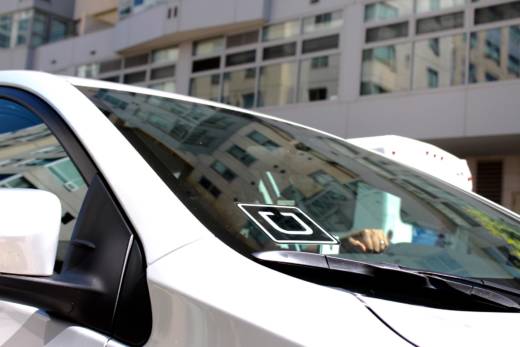Uber says it's banning the use of a software technique that company employees reportedly used to identify and block regulators in the United States and overseas who were attempting to enforce local taxi laws.
The company's announcement on Wednesday came six days after the New York Times exposed the existence of the technique, involving software called Greyball.
The paper detailed how Greyball was used as part of a wide-ranging effort to identify local officials in jurisdictions where the company was not authorized to operate and then thwart their enforcement efforts.
The Times, which based its account on information from four former and current Uber employees, said the company went to great lengths to detect accounts that might be associated with regulators. Those measures included monitoring users who frequently opened and closed the Uber app near government buildings, examining users' credit card information and social media profiles, and even trying to identify cellphones that officials had bought in large quantities as part of sting operations.
Once suspected regulators were identified, the Times said, the Greyball software would respond to their ride requests by serving up a fake version of the Uber app that would show that no cars were available or display a fleet of ghost cars that would never arrive. In the event a ride request was answered by a real Uber driver, the company would intervene to cancel the trip.
